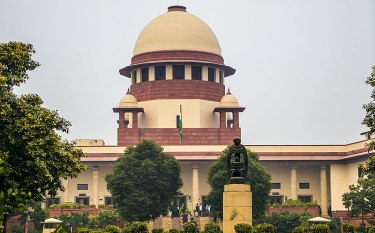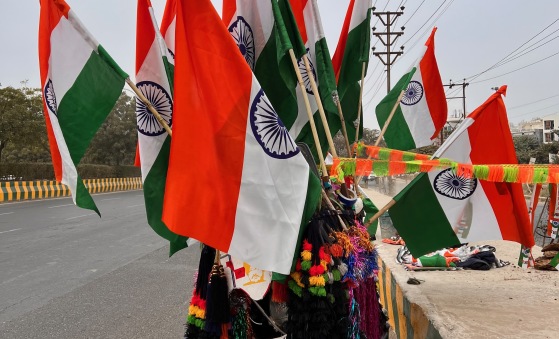
The Supreme Court on Wednesday, July 16, sought the Uttar Pradesh government’s response to a petition challenging provision of the state’s 2024 amended law on unlawful religious conversion.
A bench comprising Justices Vikram Nath and Sandeep Mehta issued notice to the state government, requesting its response to the plea. The court tagged the petition for hearing alongside other similar cases raising comparable issues.
Academician Roop Rekha Verma of Lucknow and others filed the petition through advocate Purnima Krishna, challenging specific amendments made to the Uttar Pradesh Prohibition of Unlawful Conversion of Religion Act in 2024.
The petitioners argued that certain provisions of the amended law were “vague and overly broad”, claiming their ambiguity violated free speech and religious propagation rights. They contended that the law infringed upon Articles 14, 19, 21, and 25 of the Constitution.
The petition specifically targeted Sections 2 and 3 of the Act, describing them as lacking “clear standards” that made it difficult to determine what constituted an offence. “This ambiguity infringes upon free speech and religious propagation, enabling arbitrary enforcement and discriminatory application,” the plea stated.
The petitioners emphasised that penal laws must be precise, arguing that vague provisions violated constitutional principles by granting excessive discretion to authorities and failing to provide reasonable notice to citizens.
A key concern raised was the expansion of categories of persons authorised to file complaints without incorporating procedural safeguards. The petition argued that “the law presumes mal-intent behind all religious conversions and views adult individuals with suspicion, thereby reducing them to subjects whose personal decisions must be validated by the state.”
The petitioners challenged the proportionality of prescribed punishments, calling them “excessive”. They argued that “the government, by assuming the role of protector of religious identities, encroaches on the individual’s right to choose their faith.”
Regarding Section 5 of the law, the petition claimed it wrongly assumed all women were vulnerable to illegal conversions, “reinforcing harmful stereotypes undermining their autonomy.”
The state’s counsel informed the court that similar petitions challenging the law were pending before the bench headed by the Chief Justice of India. However, the petitioners’ counsel clarified that this particular plea only challenged the 2024 amendments to the law.
The Supreme Court had previously agreed to examine the petition on May 2. The court currently has various petitions before it challenging the validity of different state laws on religious conversions.
The Supreme Court is seized of various petitions challenging the validity of various state laws on religious conversions.




